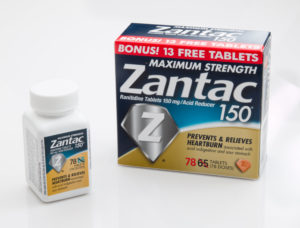FDA: Boost drug research for C. diff, MRSA, pneumonia
The Food and Drug Administration (FDA) wants to speed up research and development of drugs to combat certain resistant infections, including Clostridium difficile, several forms Streptococcus andthe dangerously virulent Enterobacteriaceae, dubbed the “nursing home nightmare.”
The proposed rule, published in Wednesday’s Federal Register, would enact thedrug fast-tracking provision of the FDA’s 2012 Safety and Innovation Act. The provision, Generating Antibiotic Incentives Now (GAIN), is designed to promote the development of a new treatment arsenal to combat a list of dangerous and stubborn groups of microbes, many of which plague skilled nursing facilities and other senior care settings.
The FDA based the list of 18 qualifying pathogens on testimony from infectious disease experts during fact-finding hearings held in December and consultation with the Centers for Disease Control and Prevention and the National Institutes of Health. The FDA’s list includes:
- Acinetobacter spp.
- Aspergillus spp.
- Burkholderia cepacia complex,
- Campylobacter spp.
- Candida spp.
- Clostridium difficile
- Enterobacteriaceae (i.e., Klebsiella pneumoniae)
- Enterococcus spp.
- Mycobacterium tuberculosis complex
- Neisseria gonorrhoeae
- N. meningitidis
- Non-tuberculous mycobacteria spp.
- Pseudomonas spp.
- Staphylococcus aureus
- Streptococcus agalactiae
- S. pneumoniae
- S. pyogenes
- Vibrio cholerae
The proposed rule is under public comment until August 12, 2013.

Pamela Tabar was editor-in-chief of I Advance Senior Care from 2013-2018. She has worked as a writer and editor for healthcare business media since 1998, including as News Editor of Healthcare Informatics. She has a master’s degree in journalism from Kent State University and a master’s degree in English from the University of York, England.
Related Articles
Topics: Executive Leadership , Regulatory Compliance










